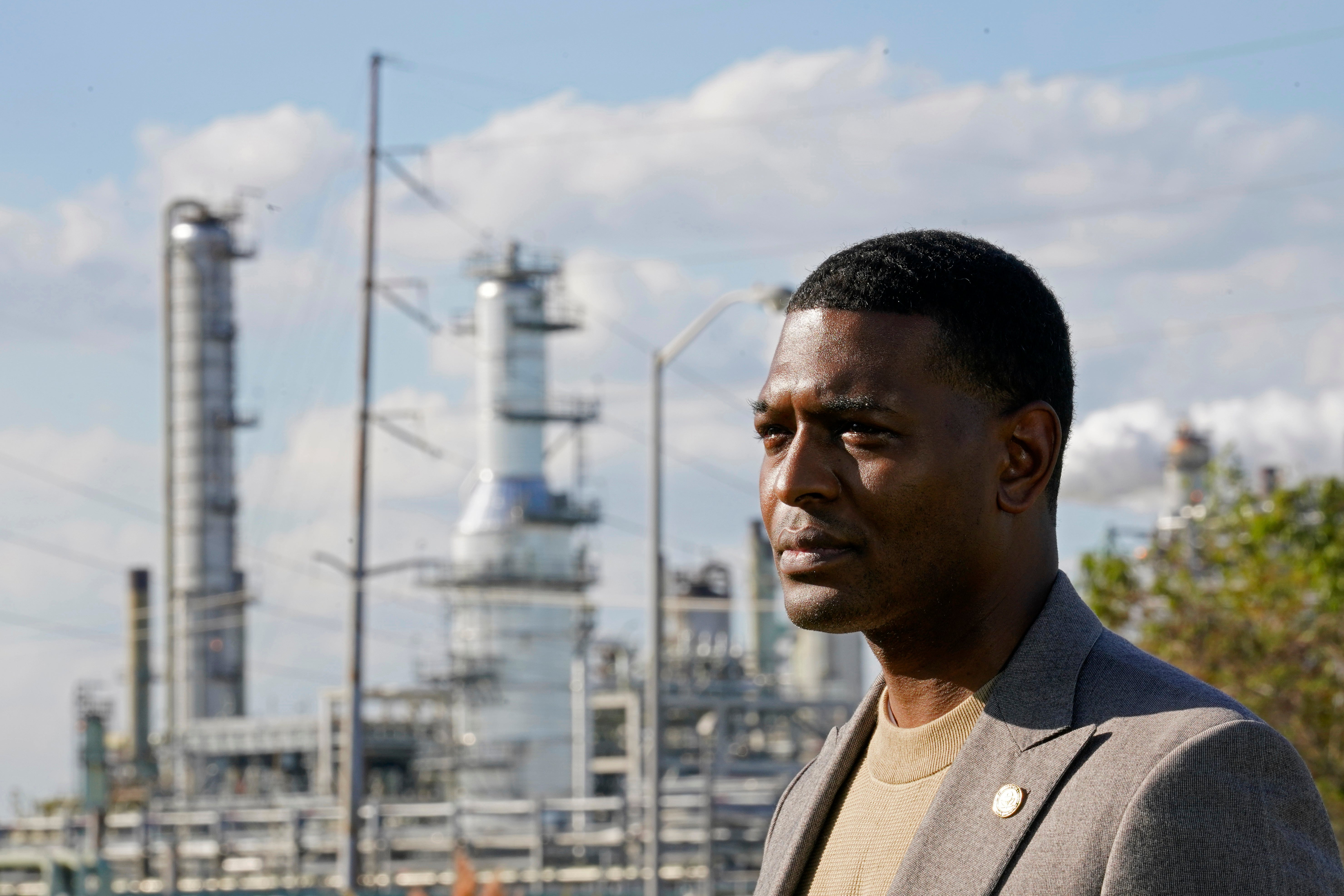EPA head visits WVa city that had 10-year water advisory
The head of the federal Environmental Protection Agency is scheduled to visit a West Virginia county where some residents recently got access to clean water after years of having to boil it before drinking

The head of the federal Environmental Protection Agency is scheduled Tuesday to visit a West Virginia county where some residents recently got access to clean water after years of having to boil it before drinking because of persistent infrastructure issues.
EPA Administrator Michael Regan will speak with community members in McDowell County about drinking water and wastewater inequity in this latest phase of his “Journey to Justice” tour, which launched last year. Regan began his tour in the U.S. south, traveling to Mississippi, Louisiana and Texas over the winter and then to Puerto Rico this past summer.
Regan said “Journey to Justice” is about “talking with people on their front porches or in their churches, or where people gather, to listen and to learn from the community."
The tour focuses on historically disadvantaged communities, such as low income communities, communities of color and tribal communities and others that “have been struggling for quite some time but haven’t had a seat at the table,” he said.
He said many former and current coal communities — like those in McDowell County — fit that description.
“It’s a community, like many energy communities throughout the United States, that once powered our nation, helped cement American competitiveness, now being one of the poorest counties in the country, not only just in that state,” Regan said Monday in an interview with The Associated Press.
“As we continue to transition as the market transitions our country towards new, more competitive technologies and away from older technologies, especially those that rely on coal, we know that those communities will be hit the hardest," he continued. “It’s important that we pay attention to these communities to ensure that no one is left behind.”
This isn't Regan's first trip to West Virginia, but it's his first trip to McDowell County, where residents in the small majority-Black community of Keystone had to boil their water for a decade until finally getting hooked up to a new water system about a year ago. A coal company had built the original system, but left leaving no one in charge and the lines deteriorated.
The system is now run by McDowell Public Service District, which focuses on consolidating and upgrading systems in the county's coal communities.
Regan said his team has visited McDowell County at least six times this year to assess how the federal government can support communities and leverage federal money included in packages like the bipartisan infrastructure act.
“We’ve been in McDowell to collect information and engage with the communities on the ground to hear firsthand from them what they believe the solutions are to the many issues that have plagued communities for decades," he said. “We know that communities know their issues the best.”
Bookmark popover
Removed from bookmarks